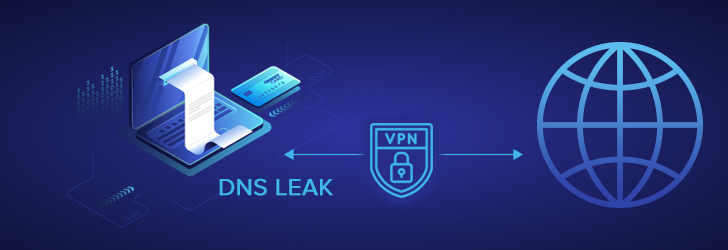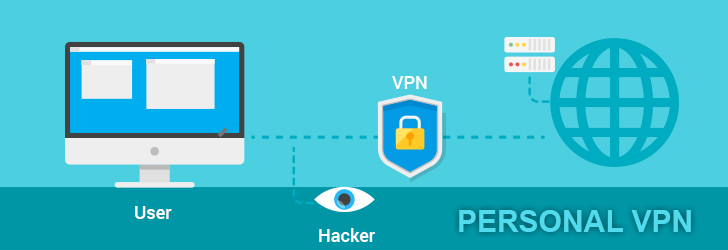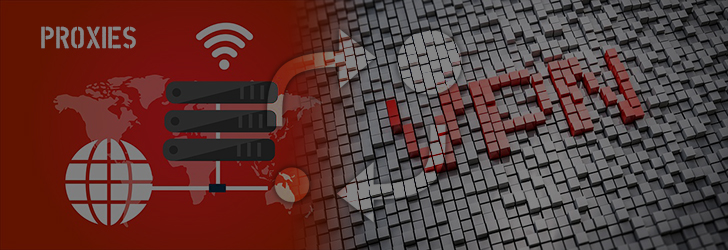
Life is incomplete without social networking and online communication, especially when it comes to well-known sites such as Facebook, Netflix, YouTube and etc. If you are living in a country with stringent Internet censorship policies, which deny access to popular sites such Facebook and Netflix, you definitely need help!







